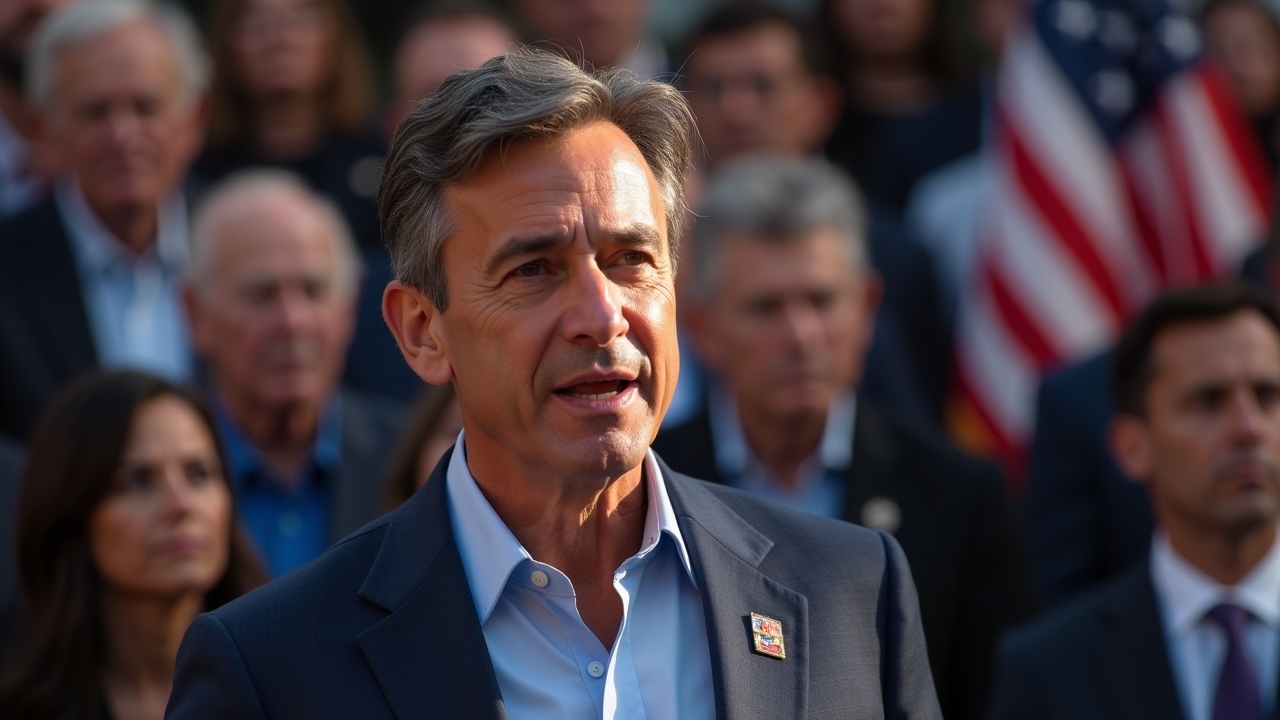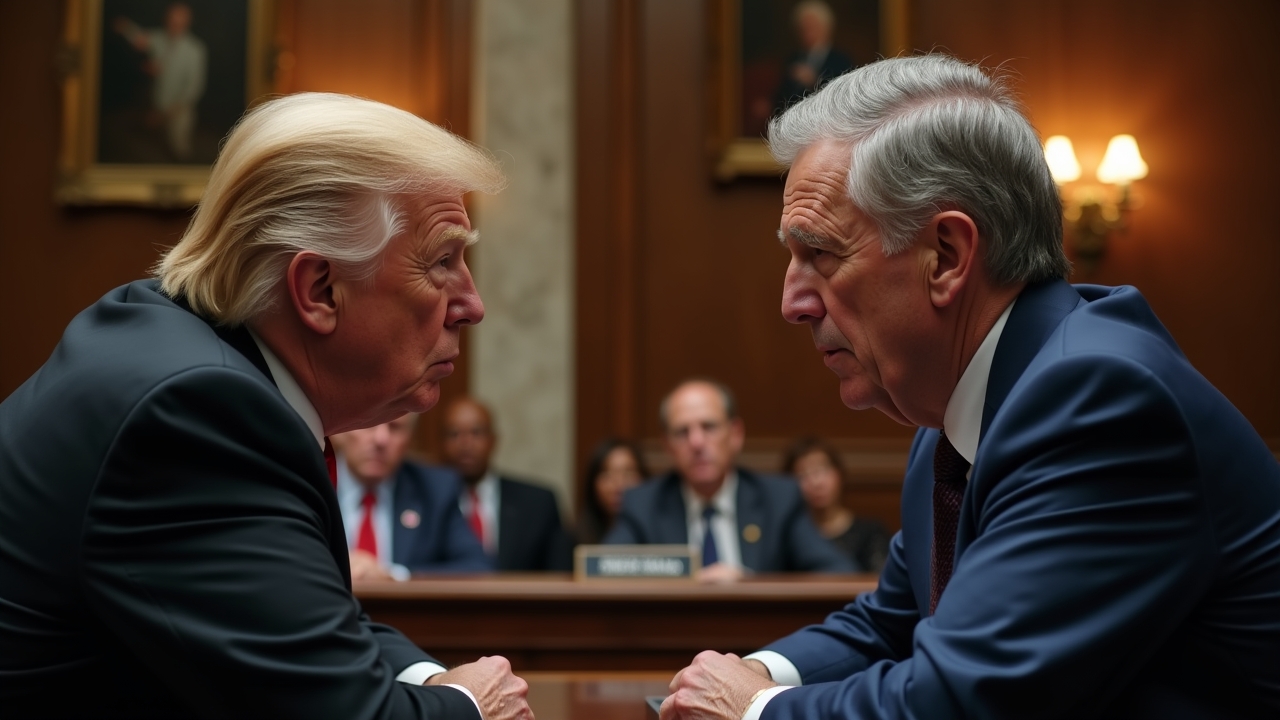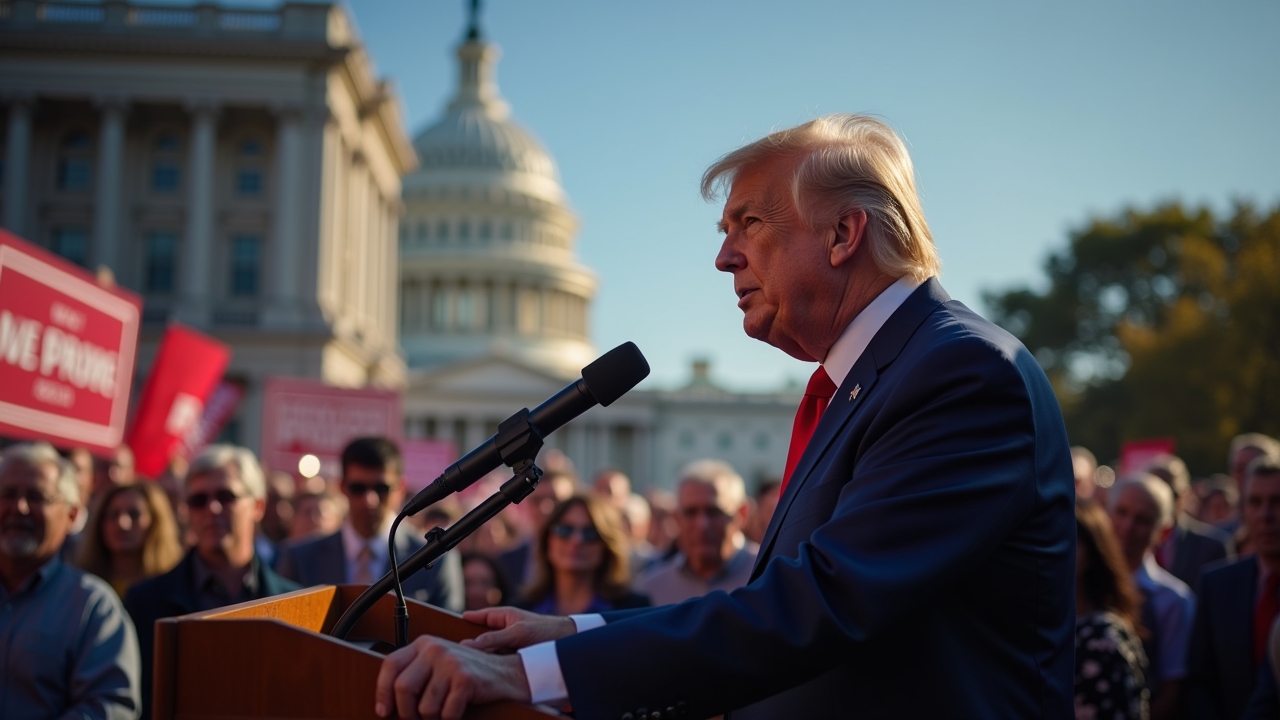PROTECT YOUR DNA WITH QUANTUM TECHNOLOGY
Orgo-Life the new way to the future Advertising by AdpathwayPortland Police Dismantle Antifa Encampment Outside ICE Facility
In a decisive move, Portland police cleared out a long-standing Antifa encampment near the federal Immigration and Customs Enforcement (ICE) facility this week. This operation came amid increasing public concern over months of violence, disruption, and damage linked to the protests.
For over 100 nights, the area had become a hotspot of unrest, with groups like Rose City Antifa turning the space into a battleground. The sounds of blaring loudspeakers and chants filled the night air. Fires were set, fireworks erupted, and federal agents faced assaults from lasers and makeshift grenades. Local residents described the tension as making their neighborhood feel like “a war zone.”
During the police operation, officers methodically dismantled tent structures, barricades, and various installations set up by protesters. They closed off several streets, creating a secure perimeter while law enforcement loaded debris into trucks. Videos posted online showed police action generating a mixed bag of responses, from enthusiasm to derision among those watching. One tweet captured this sentiment, declaring, “THEY’RE CAVING! Antifa is officially losing.”
One local, Cloud Elvengrail, expressed relief at the camp’s removal. “I, and many of my neighbors, appreciate it,” she explained. Elvengrail, who describes herself as a disabled African-American woman, had been vocal about the dangers posed by the nightly protests. Conditions were so dire that she resorted to wearing a gas mask indoors to escape the harmful smoke and tear gas.
The encampment was heavily fortified, featuring barricades made from pallets, dumpsters, and rental scooters. Protesters operated in shifts, often equipped with megaphones, drums, and sometimes weapons. Police reported numerous violent incidents, including felony assaults and assaults on both officers and property. Over the course of these demonstrations, more than 128 arrests occurred, and numerous injuries were documented. Residents also reported vandalism and harassment, adding to their growing distress.
This protest movement began on June 4, 2025, focusing on both local ICE operations and federal immigration policies. As a sanctuary city since 2017, Portland has seen its share of protests against federal actions, which some activists claimed violated civil rights. However, tactics quickly escalated from peaceful demonstrations to confrontations, drawing criticism from both community members and political leaders.
Independent journalist Andy Ngo, who has closely covered Antifa-related activities, characterized the movement’s members as “militant” and dangerous. He commented on their disorganized yet aggressive nature, stating, “You have this explosive combination.” He has previously documented how these groups operate through loose affiliations, sharing strategies that lack accountability.
National attention focused on the events in Portland, particularly after federal troops were authorized by the President to safeguard ICE facilities in cities labeled as “war-ravaged.” Secretary of Homeland Security Kristi Noem requested federal troop assistance, a move supported by the President. He reiterated his support, stating, “I am also authorizing Full Force, if necessary.”
Despite opposition from local leaders like the Oregon Governor and Portland Mayor—who criticized federal involvement as an overreach—the troop presence altered the dynamics on the ground. Following reports of federal mobilization, many protesters fled the area. Some leaders warned followers to “delete evidence” and prepare for further confrontations.
Police records indicate that the dismantling of the encampment was part of a strategic effort to restore order amidst a rise in violence. The Portland Police Bureau, grappling with staffing shortages and rising crime, welcomed this operation. An unnamed officer stated, “This needed to happen months ago. The safety of this city can’t be held hostage by a handful of radicals.”
Small business owners and families affected by the unrest shared in the relief. Local political figure Lori Chavez-DeRemer underscored the negative impact of unchecked protests, reflecting, “Driving families and small businesses out of what was once a proud, thriving city… The far-left’s reign of terror in Portland ends now.”
The legal ramifications for local government also loomed large. Earlier inaction had led residents to seek legal recourse, but the federal presence changed the situation significantly. U.S. District Judge Karin Immergut previously contested narratives characterizing Portland as “war-ravaged,” but video and photographic evidence eventually compelled a reconsideration of that stance.
With the clearing of the Antifa encampment, many observers see a potential turning point in Portland’s approach to these protests. While tensions linger and debates about federal troop roles continue, the dismantling marked a relief for residents striving for civility after prolonged unrest. As one eyewitness put it starkly, “Most of them are on a lot of medication. They get very violent… This is a third world country at night.”
For now, the removal of the encampment signals a tentative shift towards restoring order in a city grappling with the aftermath of relentless turmoil.
"*" indicates required fields


 2 days ago
4
2 days ago
4


















.jpg)






 English (US) ·
English (US) ·  French (CA) ·
French (CA) ·